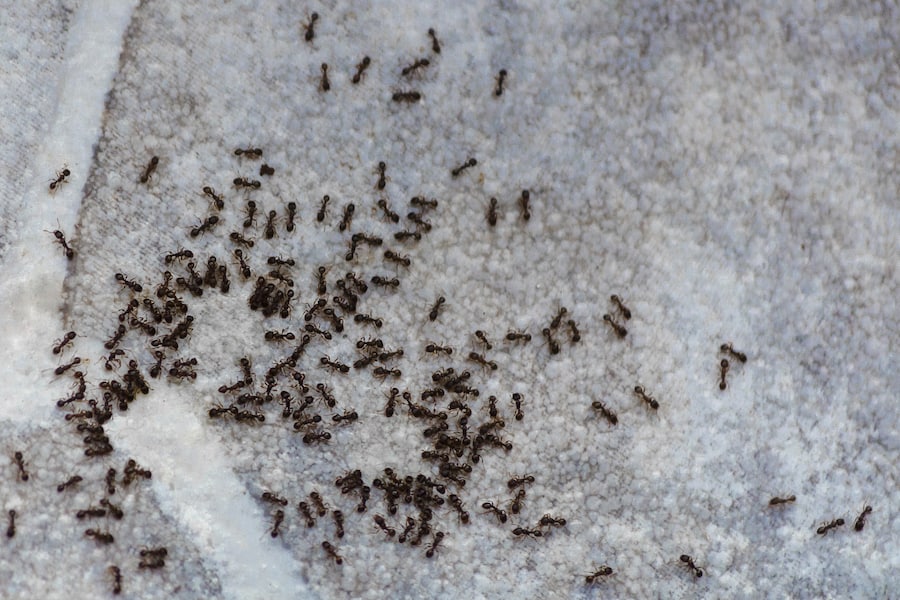READY TO GET STARTED?
REQUEST A FREE ESTIMATE
Fill out the form below or call (888) 466-7849 for a free, no-obligation estimate.

Little black ants are common household pests that are seen throughout the year in the Southeast U.S. but most commonly encountered in larger swarms during warmer months, beginning in late spring and continuing throughout summer, when they’re reproducing. During this time, you may also see winged little black ants (sometimes mistaken for termites). More often, you’ll see trails of these tiny black ants in and around your home, foraging from nests to food source.
Little black ants, like the name suggests, are small, shiny, dark-colored ants ranging from 1/16 – 1/8 of an inch in size. They feed on fruit and vegetable matter, cornmeal and other sweets, oil residue and greases, meat, and even other insects and plants. This makes control of little black ants difficult since most homes provide an ideal food supply in some form. They will make their way into your home in search of warmth, moisture, and/or food. If you see little black ants in large numbers, usually in kitchens and bathrooms, it’s likely an indication of an infestation in wall voids and other areas in and around your home.
To prevent an infestation of little black ants, measures should be taken around the exterior of your home and outside: eliminate or reduce areas conducive to little black ant nests – dark, protected areas – such as rock and wood piles, yard debris, piles of masonry supplies like bricks and lumber, decaying or rotting wood, logs and trees, or any densely wooded areas.
To keep little black ants (and other common pests) out of your home, seal cracks and crevices around windows, doors, foundation, or any exterior walls to prevent entry, keep plants and shrubbery trimmed back, store firewood and other yard debris at least 20 feet away from home’s exterior, eliminate food supplies by keeping a clean home and store all food items in sealed containers, reduce indoor clutter, and most importantly, maintain routine (usually quarterly) pest control service. An exterminator will identify entry points and treat ants in a method that works to eliminate entire ant colonies, which can consist of thousands of little black ants – the only effective, long-term solution to ant control.
Categories